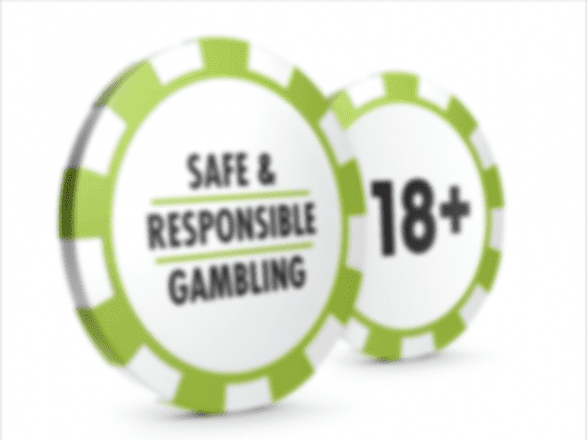Gambling at online casinos is one of the favourite pastimes across all walks of life. In order to enjoy gambling and avoid risky gambling behaviour, there are a few things you should be aware of.
Why can gambling be addictive?
With every positive event, i.e. a win, a release of the happiness hormone dopamine takes place in the brain. It stimulates the reward centre and is responsible for making us feel happy.
Over time, however, this effect loses its impact. To achieve the same feeling, we have to play more often, longer, and more intensively. In this way, a spiral of dependence creeps up, this is very similar to that of substance-related addictions.

Minimizing personal and financial risks
Adhering to a few rules helps to reduce risks of a financial and personal nature. This also applies to supposedly harmless games with low addiction potential, such as sports betting in football.
- Those whose lives gambling have already had negative effects in the past should stay away from it.
- Gambling should only ever be a side issue, but should never take a central place in one’s life.
- One’s own gambling behaviour should be critically scrutinized regularly and checked for warning signals. Alarming is ever-increasing stakes, frequent and prolonged gambling, lying to fellow human beings, or borrowing sums of money (regardless of the amount).
- A monthly budget adapted to one’s financial circumstances is set. This is unchangeable and may not be exceeded. Once the credit balance is used up, the game is over. Under no circumstances should debts or loans of any kind be taken out in order to gamble.
- Reputable online casinos offer various protection tools to encourage responsible gambling, e.g. time or money limits. Currently, betting on tennis is becoming increasingly popular.
- Games with a rapid succession of individual rounds harbour a particularly high potential for addiction. They can put the gambler or gambler into a gambling frenzy during which impulse control is restricted or even completely suspended.
- Gambling should only be done in a stable mood, never sad, angry, or groggy. Alcohol and drugs also increase the risk of addiction many times over.
- One should never try to make up for losses by betting more. This sets in motion a spiral of addiction.
If you are not sure whether you have a problem gambling behaviour, you should visit a phycologist.